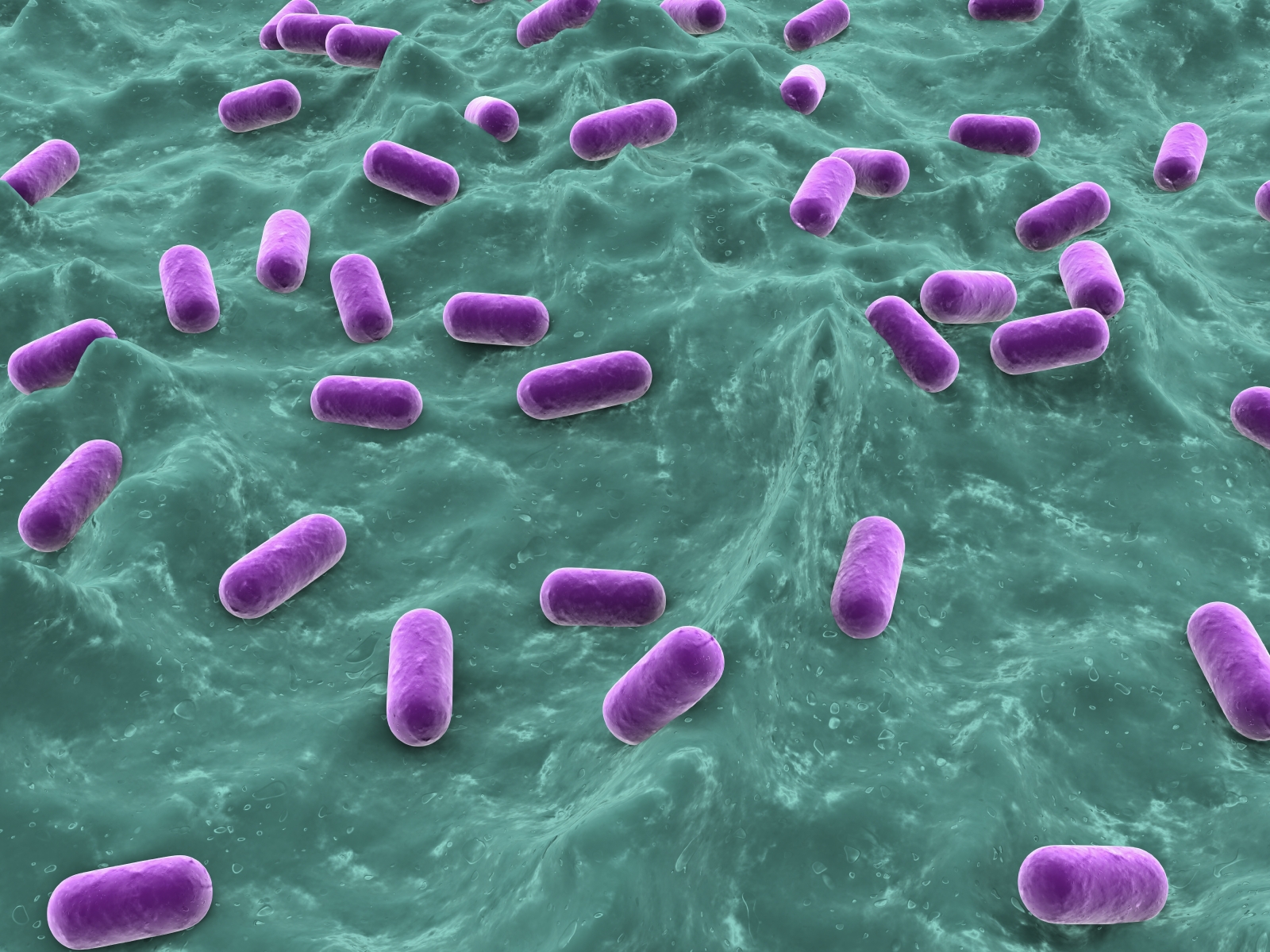Giving antibiotics to children increases allergy risk

Giving antibiotics to children increases their risk of developing allergies later in life, according to new research.
Some previous research has suggested that early life exposure to antibiotics is associated with an increased risk of developing allergies later in life, but results are inconsistent.
In the study, presented at the European Respiratory Society International Congress in London, Dr Fariba Ahmadizar of Utrecht University and colleagues searched databases of observational studies and pooled results.
Fariba analysed 22 studies including more than 394,000 patients, to study risk of eczema, and 22 studies including more than 256,000 patients to study the risk of hayfever.
Some of the studies overlapped – 12 studies including 64,000 patients, covered both conditions.
Findings have yet to be published in a peer reviewed journal – but suggest the increased risk of eczema due to early life use of antibiotics varied from 15% to 41% depending on the type of study analysed.
Use of antibiotics in early life increased risk of hay fever in later life by 14% to 56% - again depending on the type of study analysed.
In an oral presentation, authors suggested the mechanism behind the effect is the immunomodulatory effect of antibiotics, and disruption of the micro-organisms in the gut by antibiotics which can lead to reduced immune responses.
Dr Ahmadizar said: “Early life exposure to antibiotics is related to an increased risk of both eczema and hay fever late in life.”
The findings come as pharma searches for a new generation of antibiotics, because microbes are becoming increasingly resistant to these drugs.












